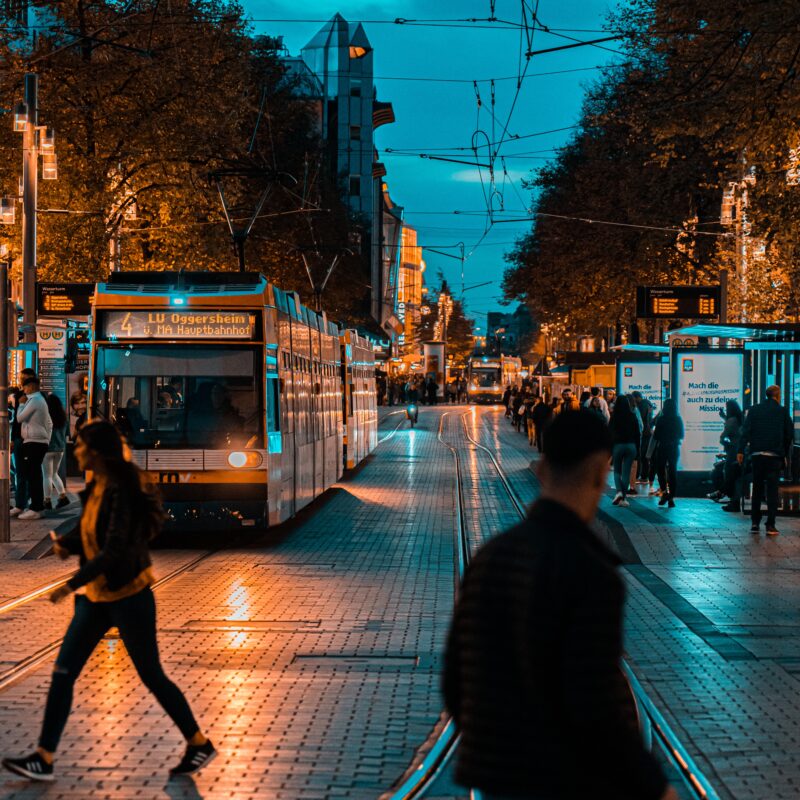
AI-powered surveillance
In Mannheim, an automated system reports hugs to the police

Basque Country: how an algorithm to assess the risk of gender-based violence sees people from “different cultures”

Does a simple algorithm help against domestic violence?

Inside Poland’s stay-at-home “selfie” app

An English police force created its own ethics committee and it’s totally not ethics washing, they say.

Flush with EU funds, Greek police to introduce live face recognition before the summer

Spanish police plan to extend use of its lie-detector while efficacy is unclear

Spain’s largest bus terminal deployed live face recognition four years ago, but few noticed

Swiss police automated crime predictions but has little to show for it

Slovenian police acquires automated tools first, legalizes them later

Unchecked use of computer vision by police carries high risks of discrimination

The algorithm police is coming. Will it have teeth?

At least 11 police forces use face recognition in the EU, AlgorithmWatch reveals
